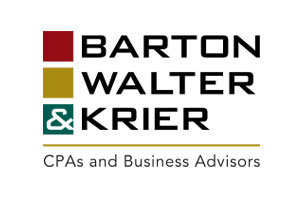Succession Planning: Transferring Ownership of Your Business
August 31, 2021 | Barton Walter and Krier
For many business owners, developing a solid succession plan can be overwhelming. There’s the question of who will take over the business upon your retirement, demise, or disability. It’s never too early to create a successful plan. With the help of experienced legal, financial, and tax professionals, you can secure a sound financial future for yourself and your loved ones. Read on as we discuss transferring ownership of your business through succession planning. First order of business: choose your successor This may seem like a no brainer however, choosing the right successor is arguably the most important step in the process. Selecting someone to take over the business isn’t easy. Sometimes the most logical choice is a family member or trusted existing employee. However, each […]
Read MoreBuying a Franchise or Starting a Business: What’s Right for You?
August 25, 2021 | Barton Walter and Krier
So, you want to own your own business but don’t know where to start. Should you buy an existing franchise or start from scratch? The answer depends on what your objectives are as a business owner. Both options have advantages and disadvantages. Before starting your journey as an entrepreneur, read on for guidance on buying a franchise or starting a business. Buying a franchise The advantage to buying an existing franchise is all the legwork associated with start-up is already done. When you enter into a franchise agreement, you pay the franchiser a licensing fee for rights to the name, brand, and business operations. Typically, the franchiser will assist with selecting the location, connecting you with existing vendors or suppliers, training the staff, and setting […]
Read More

